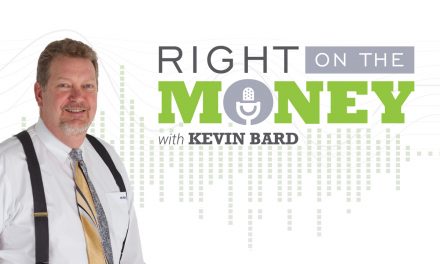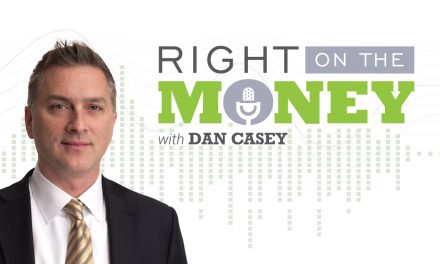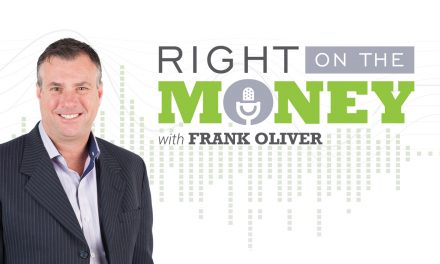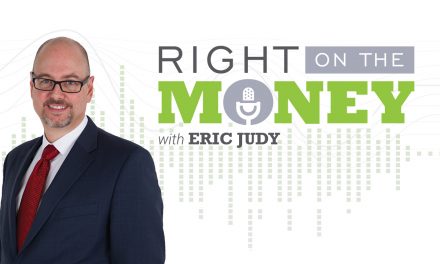Tax Management During Retirement Can Deliver More Spendable Income.
An irony of retirement is that many people spend more time planning for weekly activities and vacations than their long-term financial survival. Taxes are an obvious yet under-the-radar expense that can be managed effectively to reduce the adverse effects on spendable income and lifestyle. Watch the interview with adjunct professor of individual and corporate tax Mike Barnes, MBA.
Even with advance planning and the help of professionals, the realities of finances in retirement become more clear by reviewing a Form1040 tax return. As a consolidator of diverse income sources, exemptions and expenses, it can be used as both a measuring stick and a guide to reduce taxes, perhaps retirement’s least acknowledged and most impactful financial factor. Success in the form of 15% – 20% tax savings can come from meeting certain thresholds.
These steps can contribute to the savings:
1. Consult a retirement planning specialist in addition to a tax preparer, who is often not trained to see the holistic picture of retirement.
2. Consider the impacts of all income sources on Adjusted Gross Income (AGI) and modified Adjusted Gross Income (MAGI) including pension, dividends, interest, IRA distributions and Social Security, which is taxable at 50% when income sources exceed $34,000, and 85% taxable at $44,000.
3. Postponing Social Security suppresses reportable income and reduces tax exposure. A side benefit is an 8% annual increase in the eventual payment. The onset of payment needs to be a couple’s “we” vs. “me” decision since the surviving spouse will carry the result for their lifetime.
4. Understand that all distributions from qualified plans are taxable, as they’ve never been taxed.
5. Take the full amount of a required minimum distribution (RMD) to avoid a 50% tax. It is possible that, under certain circumstances, the 50% penalty can be appealed within the guidelines of the law.
6. Minimize reportable income through tax management can potentially suppress Medicare premiums which are means tested. Increases of reportable income can raise Medicare premiums by up to $175 a month.
With increased longevity, retirement is more a marathon than a sprint. Proper and holistic planning, with an emphasis on taxes as much as income, can help provide for the dreams of a lifetime.
Syndicated financial columnist Steve Savant interviews top retirement specialists in their field of expertise. In this segment we’re talking to adjunct professor of individual and corporate tax Mike Barnes, MBA. Right in the Money is a financial talk show distributed in daily video press releases to over 280 media outlets and social media networks.





